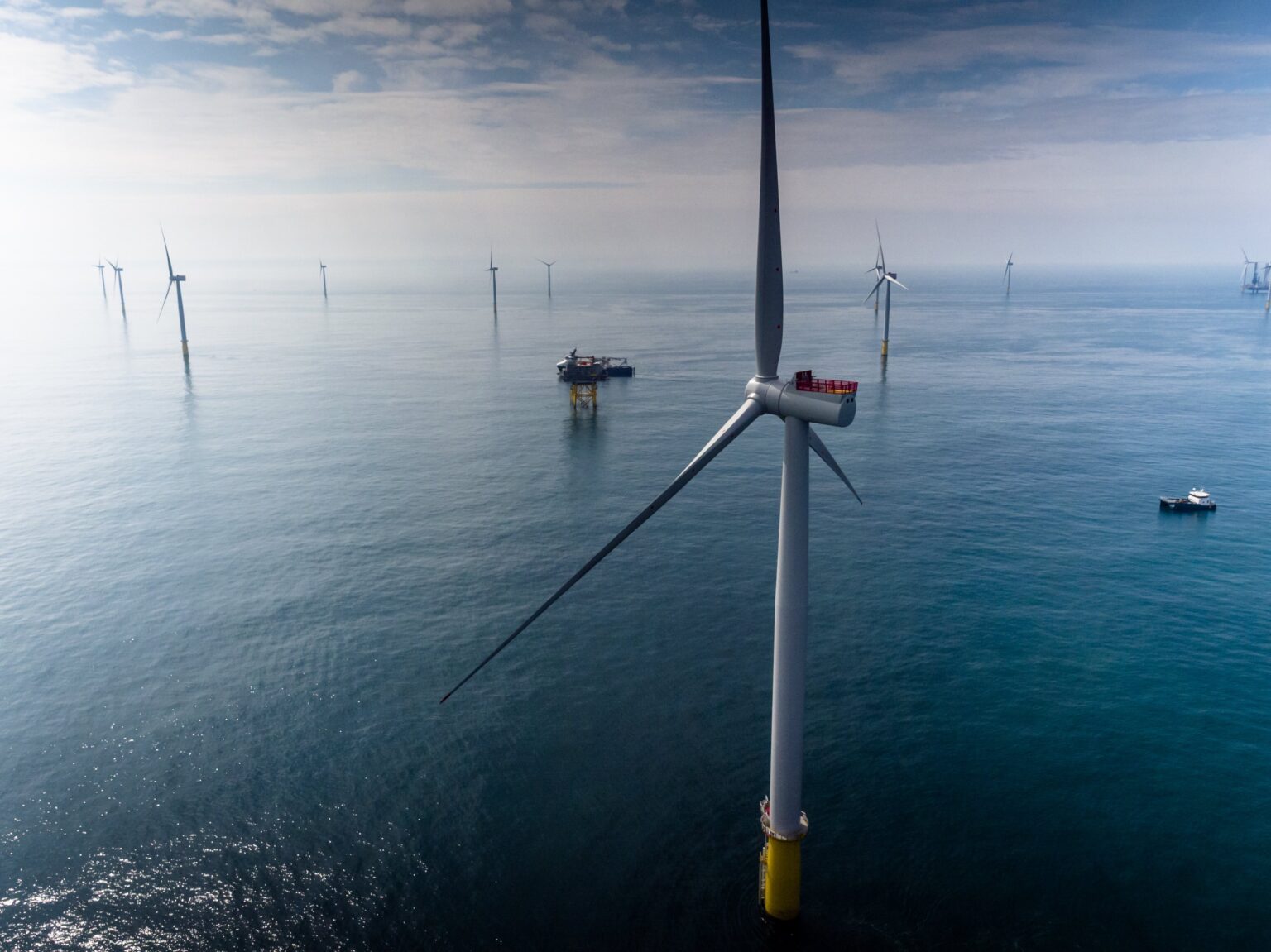What goes on in Poland on the 28th of February.
Installation port for Poland’s offshore wind may do without EU money
A representative of the National Fund for Environmental Protection and Water Management (NFOŚiGW) revealed at the POWERPOL 2023 conference that talks have started on the possibility of the Fund bankrolling the construction of an installation port for offshore wind farms, if there is no money from the EU’s National Recovery Plan.
Poland has to build its own offshore installation port to increase its economy’s involvement in developing offshore wind, as the facility will make it possible to assemble components locally. This is why the port was put on the list of projects that are supposed to be financed by the National Recovery Plan, which is being blocked because of the dispute between Warsaw and Brussels about the rule of law.
Artur Michalski, vice-president of NFOŚiGW, admitted that his institution is participating in talks on taking part in the financing of the installation port. The Institute collects money for environmental protection, among other things, from the CO2 emissions trading system. When pressed by BiznesAlert.pl whether it was possible to pay for the port with NFOŚiGW money if the EU funds fall through, president Michalski said it was “doable”.
The port is to be constructed in Gdańsk, but the final investment decision is yet to be made. The facility should be ready in 2025, so that it is possible to assemble farms ready by 2026. Due to the lack of a port, PKN Orlen began preparing its own in Świnoujście, which is supposed to allow for the installation of projects before this deadline.
Westinghouse wants more contracts on Polish atom and quick
During the POWERPOL conference, Mirosław Kowalik, President of Westinghouse Polska, presented the company’s plans for the next few months. He announced that the company wanted to sign more contracts for the construction of a nuclear power plant in Poland around the time of summer holidays.
Mr. Kowalik noted that the atom will be an important source in the energy mix in Europe and across the world. “Today it accounts for 10% of the world’s energy demand. Poland is leading the way in the region in terms of the progress of its nuclear project. Other countries in Central and Eastern Europe already have nuclear power plants, but they are based on Russian technology, which will be a problem in the future,” he assessed.
“Our AP-1000 technology has been selected for the first location at the Lubiatowo-Kopalino nuclear power plant. The agreement stipulates for the start of pre-design works, so together with PEJ (Polish Nuclear Power Plants – ed.) we have to prepare the investment implementation model, the documentation necessary to acquire a license for the reactor, and the entire safety documentation. This is a bridge to the basic agreement, which will cover the entire power plant project. We want to sign it around the summaer holidays. Negotiating such an agreement is not easy. No one has ever done this in Poland. We want the price of the project and the financing conditions to correspond to the Polish specifics. We are open to suggestions,” Mr. Kowalik explained.
“Our goal is to sign the next contract in the middle of the year, it will concern the full design of the power plant in the first location. We hope that our technology will also be selected for the second location, which will result in great synergy. We are developing sufficient human capacity to handle this project. This serves Polish companies, as other European countries are also preparing to invest in atomic energy. Meanwhile, we plan to create a value chain in Poland, which will help Poland in the race to nuclear energy,” he said.
“According to reports of which we are aware, the available capacity of nuclear power plants in the world will double in the next 20-30 years. Currently, we have more than 400 GW of installed capacity, and according to the International Energy Agency, it will reach 800 GW in 2050, even taking into account the fact that some nuclear power plants will be closed during this time,” Mr. Kowalik explained.
According to the Polish Energy Strategy, the first nuclear reactor in Poland is expected to start operating in 2033.
Russia has turned the tap on Poland, but is fine with deliveries to Germany
Russia’s Transneft said it had allowed oil supplies from Kazakhstan to Germany via the Druzhba Pipeline. A few days ago, however, Moscow blocked deliveries to Poland. Poland’s oil pipelines operator says to ask Orlen about this development.
Transneft said it started shipping oil from Kazakhstan to Germany via the Druzhba pipeline on February 27. On February 25, Orlen reported that the Russians stopped deliveries to PKN Orlen via the same oil pipeline. The pipe runs from Russia, through Belarus to Poland and Germany.
PERN says it does not comment on trade relations that involve pipelines that it manages . “The question of oil supplies to Poland is a question for our customers, because they order and buy raw materials from individual suppliers. PERN does not comment on business relationships. The company, as a logistics operator, transports raw materials to refineries and offers storage to contractors,” PERN said.
PKN Orlen used the Druzhba Oil Pipeline to implement a long-term contract with Russia’s Tatneft valid until the end of 2024. The deal covered 10 percent of supplies to Poland. Attempts at imposing sanctions on the Druzhba failed, despite Poland and Germany asking for them on the EU forum. The countries had sought sanctions to abandon Russian oil deliveries by the end of 2022. The Russians announced that in March they would introduce sanctions on countries that will apply a maximum price on Russian oil, as proposed by the G7, EU and Australia.
Transneft/PERN / Wojciech Jakóbik

 PL
PL EN
EN





